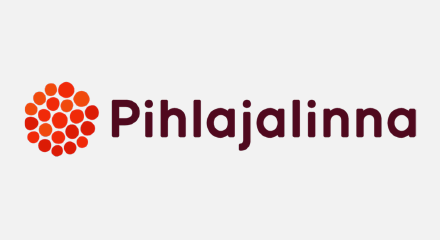“Genesys and our partner Pointel helped us think through which upgrades made the most sense,” said Nevarez. “Our first full-time planning analyst was hired to centralize and prioritize forecasting, hiring and modeling.”
The introduction of Genesys Decisions allowed Presbyterian to prepare “What-if” scenarios, along with short- and long-term resourcing options. At its core is a series of algorithms that develop highly efficient operational plans and accurate forecasts in minutes. This allowed Presbyterian to create and maintain resource plans that were adaptable based on real-life changes in the environment.
Complemented by resource management best practices, Presbyterian quickly adapted to changing demands based on historical volumes and performance outcomes. “The benefit is better hiring and scheduling that results in fewer abandoned calls,” explained Nevarez. “Accordingly, our health plan and patient services teams have seen abandonment reductions of 20% and 65%, respectively. That means less need to phone back — reducing customer effort.”
Eliminating inefficient buffers
Presbyterian significantly improved its productivity by leveraging economies of scale, work standardization, and Genesys routing and skilling strategies. “Agent utilization is up 33%,” said Nevarez. “Our Genesys technology, knowledge and partnership have been instrumental in allowing us to be more flexible with staff while continuing to avoid financial penalties from missed performance targets.”
Prior to fully leveraging Genesys Workforce Engagement Management, the organization would mitigate its risk by building in buffers that limited the efficiency of its people and technology.
“Making full use of Genesys routing allowed us to cross-skill staff to support multiple lines of business, while still protecting our higher risk areas with priority routing,” said Nevarez. “Leveraging the Genesys routing has allowed us to meet the needs of our employees by giving people more time off, offline time and improved schedule flexibility. These are all critical elements that our staff need and deserve. Additionally, this helps us achieve a balanced member and patient experience regardless of when someone calls us.”
Human connections
Crucially, the underlying culture at Presbyterian hasn’t changed. There’s still a strong collective bond, working together to share expertise and improve every customer interaction. And Marcia Birmingham epitomized that sense of going the extra mile. Before retiring from her role as IT Manager, Marcia would send letters of gratitude to customers who’d highlighted technology issues. She didn’t just send them to patients, members and providers, but also to Presbyterian employees.
“Delivering healthcare services during the pandemic hasn’t always been easy, but our teams have shown incredible strength, passion and resilience,” said Nevarez. “They appreciate improved schedule flexibility. And there’s greater scope for hiring part-time staff, increasing voluntary and paid time off, and adjusting work options.”




